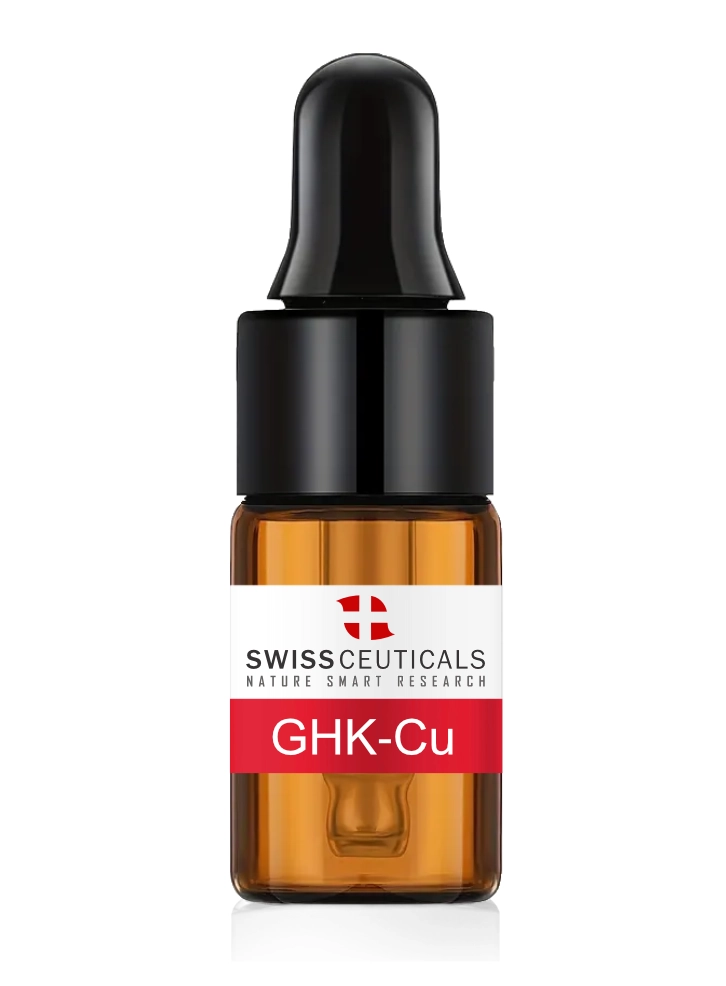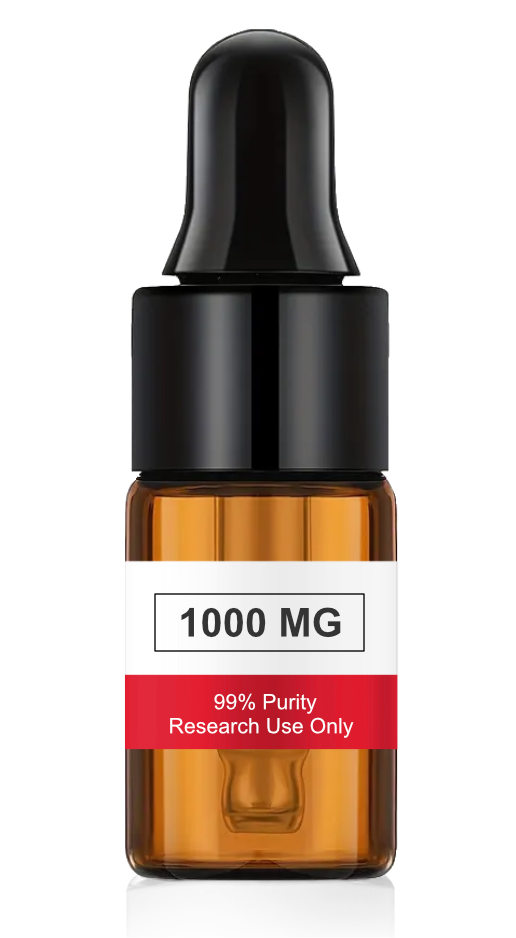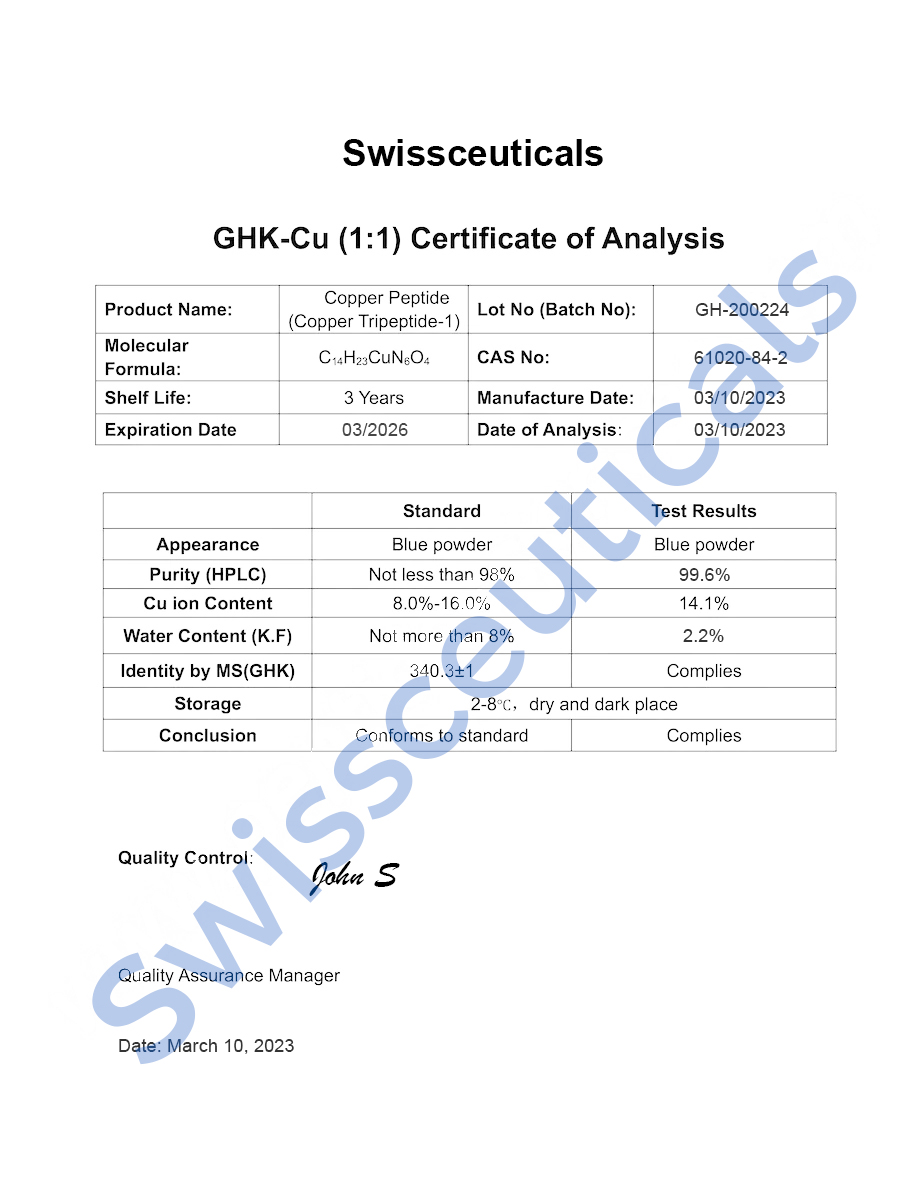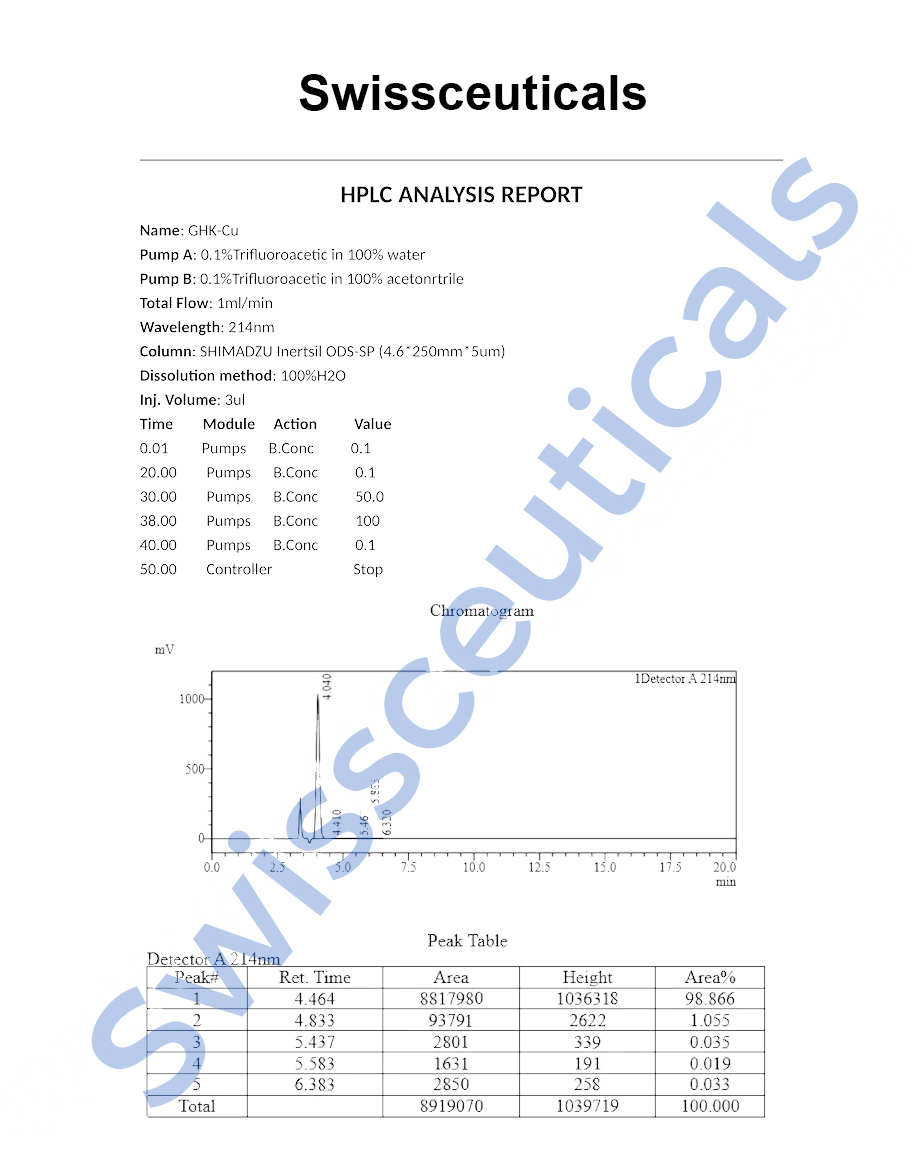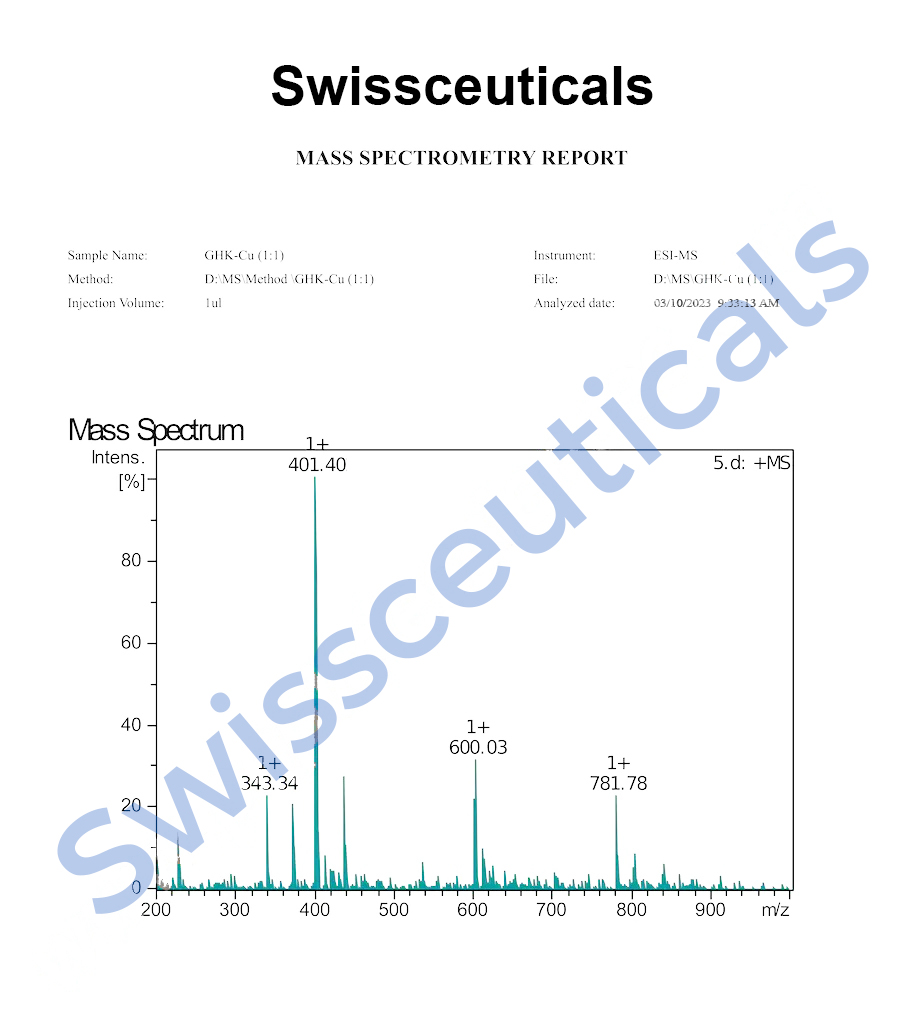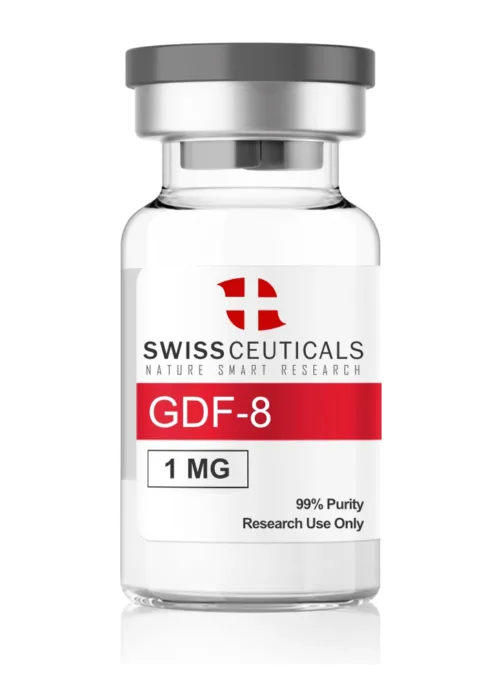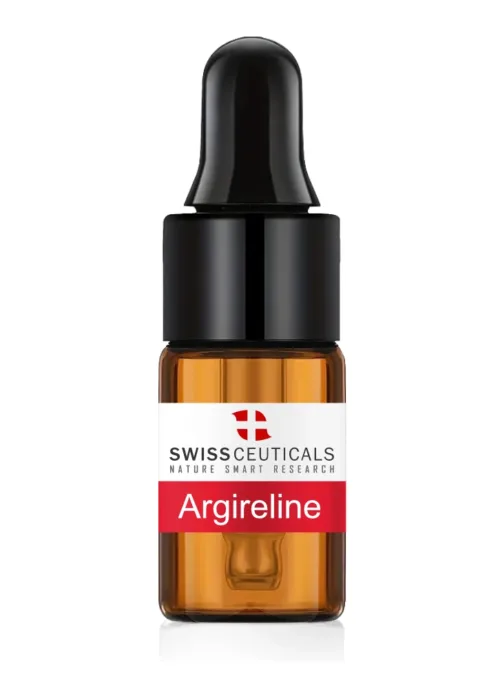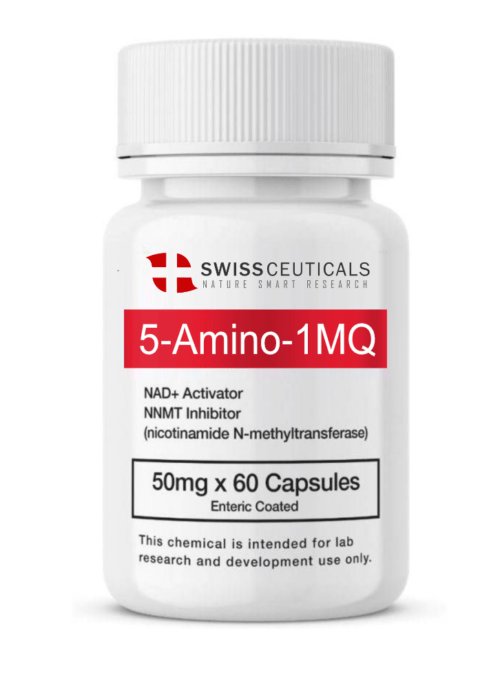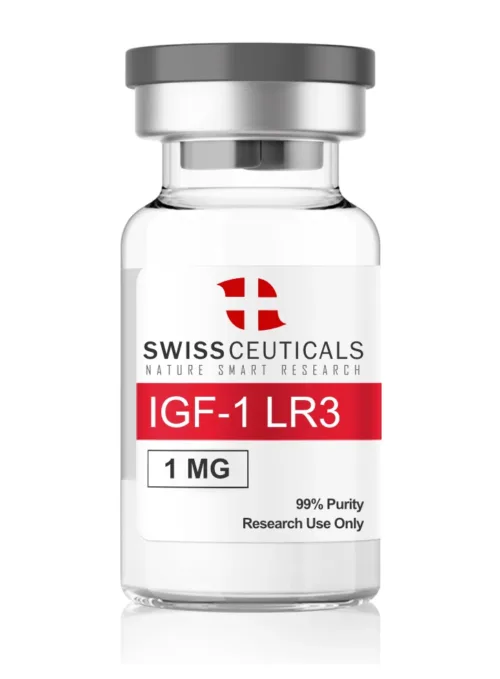GHK Copper Peptide
GHK-Cu, Copper Peptide, is a naturally occurring human tri-peptide. In plasma, the level of GHK-Cu is about 200 ng/ml at age 20. By the age of 60, the level drops to 80 ng/ml. Scientific studies conducted in different research laboratories around the world have established that human tri-peptide GHK-Cu possesses a plethora of biological actions including activation of wound healing, attraction of immune cells, antioxidant and anti-inflammatory effects, stimulation of collagen and glycosaminoglycan synthesis in skin fibroblasts and promotion of blood vessels growth. Recent studies indicate its important role in stem cell biology and anti-tumor defense. Since GHK-Cu plays an important role in skin biology, it is widely used in cosmetics as a reparative and anti-aging ingredient. The levels of GHK decrease as you age.
Reference: ^ Pickart L. The human tri-peptide GHK and tissue remodeling”. J. Biomater. Sci. Polymer Edn. 2008; 19(8):969-988 Peptide Sequence: Gly-His-Lys(Cu2+)
GHK-Cu Human Trials
A 2% GHK gel showed promising results in treatment of 120 diabetic patients, increasing the percentage of ulcer closure from 60.8% to 98.5%, and decreasing the percentage of infection from 34% to 7%.
Reference: ^ Mulder DPM1, Gerit D.; Patt PhD2, Leonard M.; Sanders DPM, Lee; et al (1994). “Enhanced healing of ulcers in patients with diabetes by topical treatment of glycyl-l-histidyl-l-lysine”. Wound Repair Regen 2 (4): 259–269. doi:10.1046/j.1524-475X.1994.20406.x.
Cosmetic Use
Facial Studies
Copper peptide GHK-Cu is widely used in anti-aging cosmetics (INCI name: Copper tripeptide-1).Several controlled facial studies confirmed anti-aging, firming and anti-wrinkle activity of copper peptide GHK-Cu. Abdulghani et al. established that facial cream containing GHK-Cu increased collagen in photoaged skin of 20 female volunteers, performing better than vitamin C and retinoic acid. Leyden et al. conducted 12 weeks facial study of GHK-Cu containing face and eye cream, reporting significant improvement of skin laxity, clarity and appearance, reduced fine lines and the depths of wrinkles and increased skin density and thickness comparing to placebo. GHK-Cu eye cream performed better than vitamin K cream. Finkley et al. conducted 12 week facial study on 67 women and reported that GHK-Cu cream applied twice daily improved aged skin appearance, increased thickness, reduced wrinkles and strongly stimulated dermal keratinocyte proliferation as determined by histological analysis of biopsies. The same study found copper peptide GHK-Cu to be non-toxic and non-irritating.
Hair growth benefits
Copper peptide GHK-Cu and its analogues were found to strongly stimulate hair growth. The efficiency of synthetic analog of GHK-Cu was similar to that of 5% minoxidil.
Refernces: ^ Abdulghani, AA, Sherr S, Shirin S, Solodkina G, Tapia EM,Gottlieb AB. Effects of topical creams containing vitamin C, a copper-binding peptide cream and melatonin compared with tretinoin on the ultrastructure of normal skin – A pilot clinical, histologic, and ultrastructural study. Disease Manag Clin Outcomes. 1998;1:136-141 ^ Leyden J, Stephens T, Finkey MB, Appa, Y, Barkovic S, Skin Care Benefits of Copper Peptide Containing Facial Cream. Amer Academy Dermat Meeting, February 2002, Abstract P68, P69 ^ Finkley MB, Appa Y, Bhandarkar S. Copper Peptide and Skin. Cosmeceuticals and Active Cosmetic, 2nd Edition, P. Eisner and H.I. Maibach (Eds.) Marcel Dekker, New York. 2005:549-563
Current Research
Human Fibroblasts
Recent studies have revealed many new aspects of molecular actions of the copper-peptide GHK-Cu. Pollard at al established that GHK-Cu is able to restore function of human fibroblasts damaged by radiation treatment thus accelerate the healing and regenerative processes.
Nerve Regeneration
In 2005, Ahmed et al. demonstrated that GHK promotes nerve regeneration. Axon regeneration was studied using collagen tubes with incorporated peptides. GHK increased the production of nerve growth factors, expression of integrins and increased the rate of regeneration of myelinated nerve fibers.
Stem Cells
In 2009, a group of researchers from the Seoul National University (Republic of Korea) demonstrated that the copper-peptide GHK-Cu stimulated proliferation of keratinocytes and increased expression of integrins and p63 protein in the epidermal stem cells. Since p63 is considered to be an important marker of stem cell and anti-senescence protein, the authors concluded that GHK-copper is able to revive the proliferative potential of epidermal stem cells and increase their ability to repair tissue.
Anti-Cancer Effects
In 2010, Hong Y. et al. (Department of Colorectal Surgery, Singapore General Hospital, Singapore) demonstrated that GHK-Cu is able to reverse the expression of certain genes involved in metastatic spreading of colon cancer. GHK-Cu was effective at a very low concentration.
ALL ARTICLES AND PRODUCT INFORMATION PROVIDED ON THIS WEBSITE ARE FOR INFORMATONAL AND EDUCATIONAL PURPOSES ONLY.
The products offered on this website are furnished for in-vitro studies only. In-vitro studies (Latin: in glass) are performed outside of the body. These products are not medicines or drugs and have not been approved by the FDA to prevent, treat or cure any medical condition, ailment or disease. Bodily introduction of any kind into humans or animals is strictly forbidden by law.
Certificate of Analysis (COA)
High Performance Liquid Chromatography (HPLC)
Mass Spectrometry (MS)

